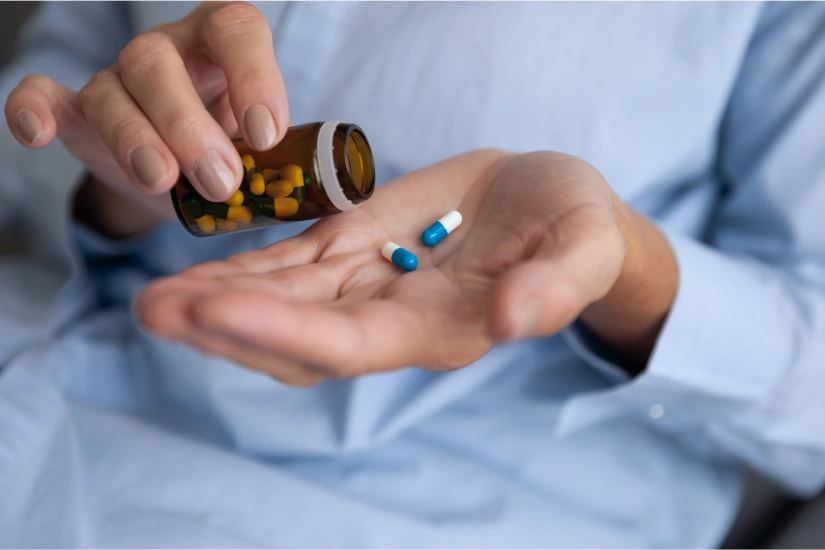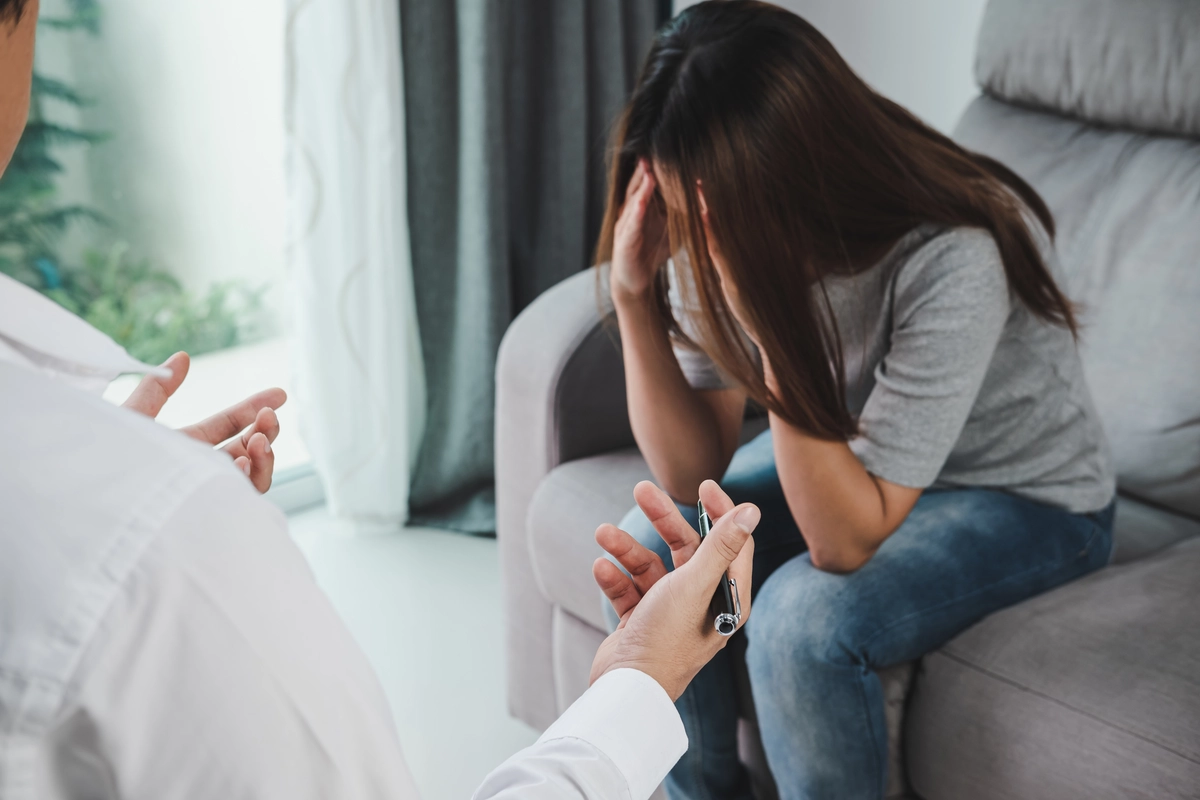24/7 Helpline:
(866) 899-221924/7 Helpline:
(866) 899-2219
Learn more about PTSD Rehab centers in Page County

Other Insurance Options

Optima

Health Choice

Anthem

UnitedHealth Group

Molina Healthcare

MVP Healthcare

Providence

UMR

Coventry Health Care

Sutter

United Health Care

Highmark

BlueShield

Self-pay options

PHCS Network

Ambetter

Evernorth

Regence

Covered California

Kaiser Permanente

Zion Recovery
Located in Clarinda, Iowa, Zion Recovery offers alcohol and drug rehab services. They provide reside...

Waubonsie Mental Health Center
Waubonsie Mental Health Center is a private rehab located in Clarinda, Iowa. Waubonsie Mental Health...






























































Waubonsie Mental Health Center
Waubonsie Mental Health Center is a private rehab located in Shenandoah, Iowa. Waubonsie Mental Heal...





























































